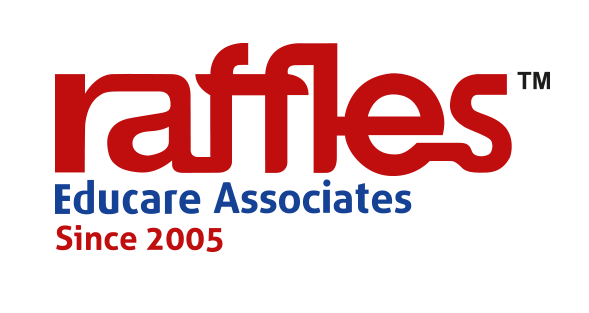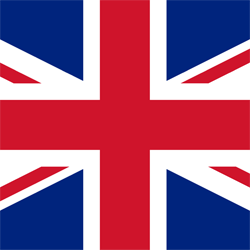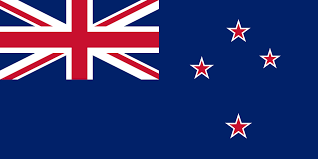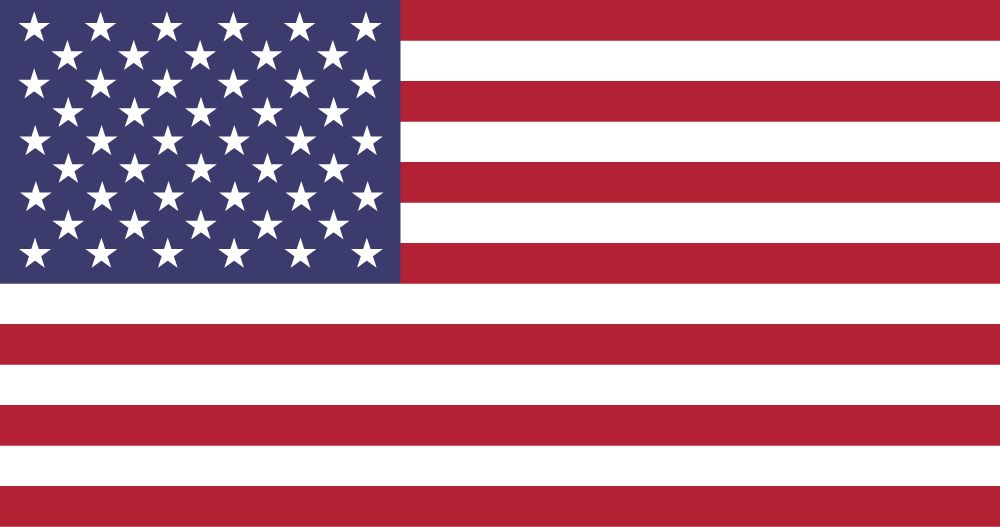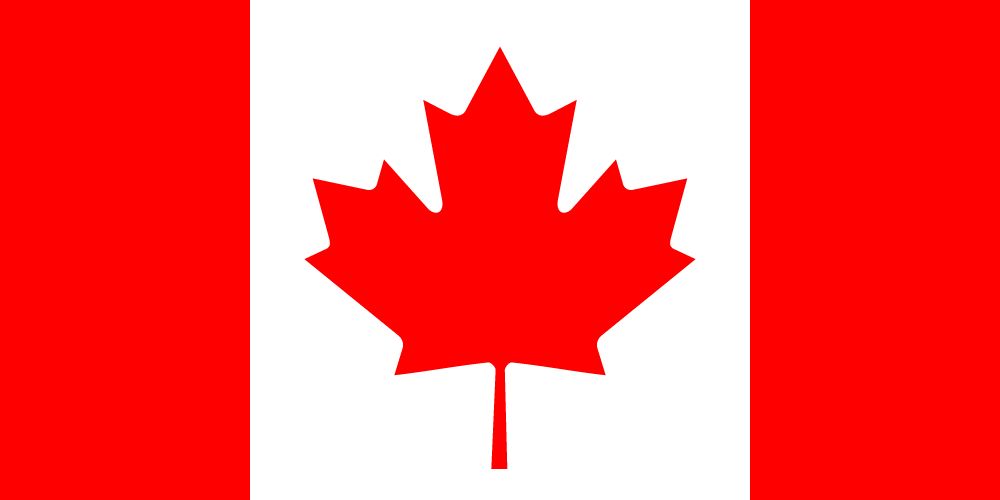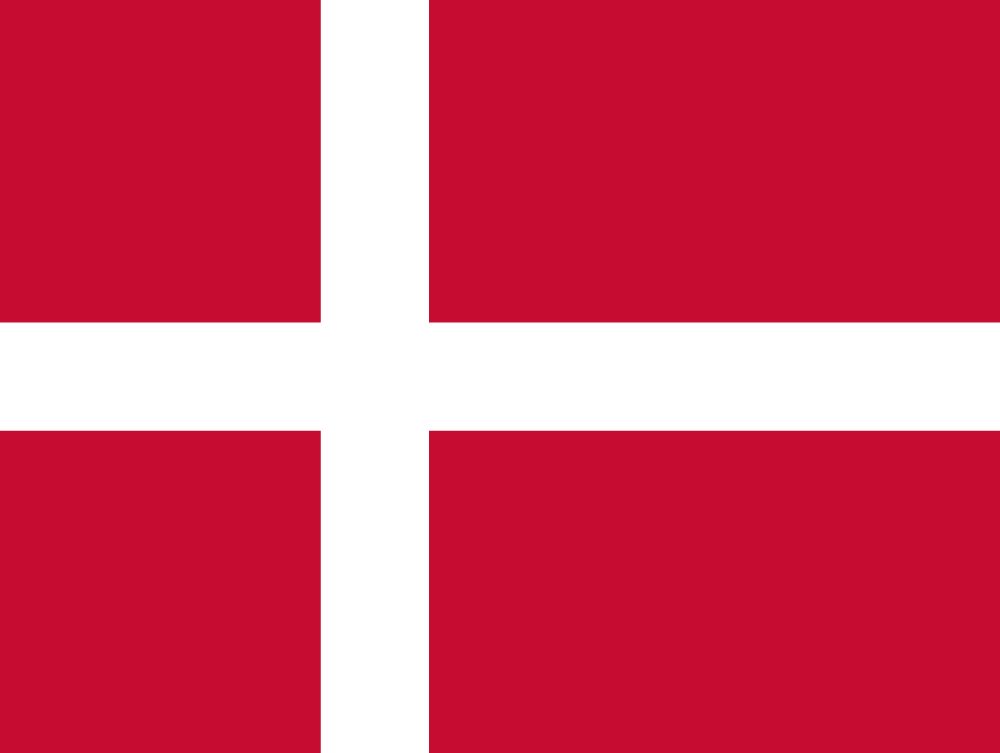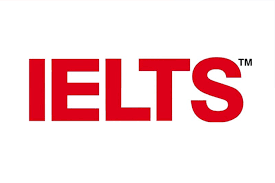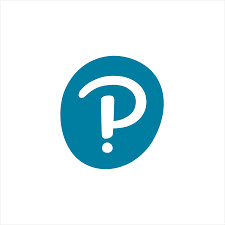Study in Denmark
About DENMARK
Denmark offers high-quality education with innovative, research-based teaching. Universities provide many English-taught programs, encouraging critical thinking and collaboration. Tuition is free for EU/EEA( European Union/European Economic Area) students, and scholarships are available for others. Known for safety, sustainability, and a high quality of life, Denmark provides a welcoming environment and modern facilities, making it an excellent choice for international students.
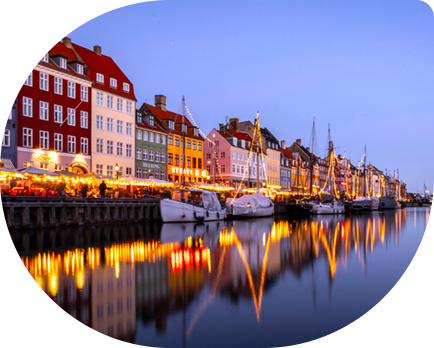
Frequently Asked Questions
Denmark offers high-quality education with innovative, research-based teaching. Universities provide many English-taught programs, encouraging critical thinking and collaboration. Tuition is free for EU/EEA( European Union/European Economic Area) students, and scholarships are available for others. Known for safety, sustainability, and a high quality of life, Denmark provides a welcoming environment and modern facilities, making it an excellent choice for international students.
Denmark emphasizes student participation, group work, and hands-on learning. The system encourages independence and prepares students for real-world challenges.
Yes, degrees from Danish universities are widely respected around the world due to the country’s strong academic standards and global partnerships.
About DENMARK
Denmark is known for its globally ranked universities and industry-relevant academic programs. The country's higher education institutions offer a wide range of English-taught courses across disciplines. Denmark’s focus on sustainability, technology, innovation, and student-centered learning makes it a hub for quality education.

Frequently Asked Questions
Top universities in Denmark include: University of Copenhagen, Aarhus University, Technical University of Denmark (DTU), Copenhagen Business School (CBS), and Aalborg University.
About DENMARK
To study in Denmark, you’ll need a high school or bachelor’s degree and proof of English skills, like IELTS or PTE. Each program might ask for different things, so check carefully.You can take dependents with you even if you are enrolled in a bachelor’s program in Denmark. Deadlines are usually in March for non-EU students, so it’s a good idea to start early and stay organized.

Frequently Asked Questions
Usually interviews are not needed. But in some cases, the university may ask for a short online interview to know more about you or your motivation.
About DENMARK
In Denmark, tuition fee is free for EU/EEA students, while non-EU/EEA students pay between €6,000 and €16,000 per year. However, many universities offer scholarships for international students, such as the Danish Government Scholarship and Erasmus+. These can cover tuition and living costs. Students can also apply for external funding or university-specific financial aid programs.

Frequently Asked Questions
No, most Danish universities do not require a separate test for scholarships. If you meet the academic and English language requirements, you are automatically considered during the admission process.
About DENMARK
If you want to study in Denmark, start by choosing a program and checking the requirements like grades and English tests (IELTS/PTE). Gather important documents such as transcripts, SOP, and your passport. Apply to universities, pay the fees, and wait for the admission decision. After acceptance, apply for a student visa with your documents and proof of funds. Once approved, you can travel to Denmark and begin studying.

Frequently Asked Questions
To open a Danish bank account, students need a CPR number, valid photo ID (like a passport), proof of enrollment from their university, and a residence permit (if required). Once they have these documents, they can visit a bank in person to open an account. Some banks may offer online booking for appointments.
After Reaching DENMARK
After arriving in Denmark, international students register their address with the Civil Registration System (CPR), obtain a CPR number, and get a health insurance card. They open a bank account, get a SIM card, attend university orientation, explore the city, and settle into housing. They also familiarize themselves with public transport and start adjusting to Danish culture.

Frequently Asked Questions
To open a Danish bank account, students need a CPR number, valid photo ID (like a passport), proof of enrollment from their university, and a residence permit (if required). Once they have these documents, they can visit a bank in person to open an account. Some banks may offer online booking for appointments.
Students can search for jobs on websites like Jobindex.dk, WorkinDenmark.dk, or university career portals. Networking, joining student job fairs, and visiting local businesses can also help. A CPR number and tax card are required before starting work. EU/EEA students can work freely, while non-EU students can work up to 20 hours/week during the semester.
Accommodation can be booked through university housing services, student housing platforms (like kollegierneskontor.dk or boligportal.dk), or private rental sites. After choosing a place, students usually sign a rental contract and pay a deposit. Always confirm legitimacy, especially with private rentals, and avoid paying before verifying the offer.
How do international students register at a college or university in Denmark?
After receiving admission, students complete registration by submitting required documents (passport, residence permit, educational certificates) and attending orientation. Some universities require online registration through a student self-service portal before attending classes. Final registration is confirmed only after arrival and CPR registration.
The table shows the average monthly living costs for international students in Denmark.
| Expense Category | Monthly Cost (DKK) | Notes |
|---|---|---|
| Accommodation | 3,000 – 5,500 DKK | Depends on city and housing type (e.g. dormitory vs private rental). |
| Groceries | 1,500 – 2,500 DKK | The average cost for cooking at home varies by lifestyle. |
| Health Insurance | 0 DKK | Free for students with a CPR number (public healthcare covered). |
| Public Transport | 300 – 600 DKK | Monthly pass cost varies by region and student discount availability. |
| Phone & Internet | 100 – 200 DKK | For mobile plan and basic internet. |
| Study Materials | 200 – 500 DKK | Books, printing, and academic supplies. |
| Leisure & Misc. | 500 – 1,000 DKK | Dining out, gym, events, etc. |
